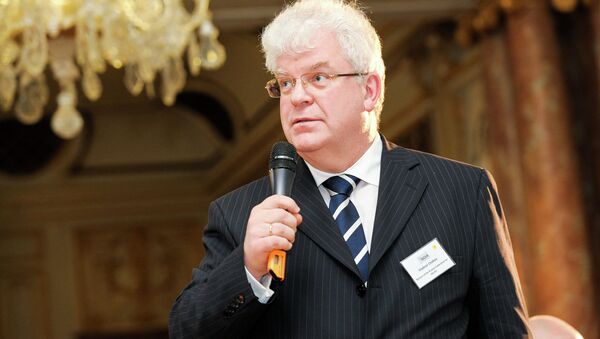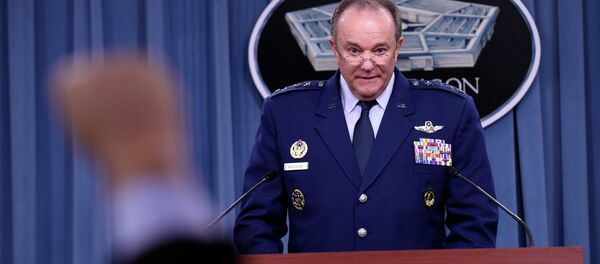"According to our data, most EU countries are now interested in maintaining the dialogue with Russia and [bringing about] a gradual thaw in economic ties. But a consensus is yet to be reached," Chizhov said.
He added that that the EU's sanctions and Russia's retaliatory measures have had a negative impact on the economies of the respective parties.
The economic situation in the EU remains difficult, with unemployment and deflation on the rise, Chizhov noted, saying that the European Central Bank, or ECB, is trying to improve the situation.
Earlier, the ECB said that it would begin buying 60 billion euros a month in bonds, as part of the quantitative easing program aimed at preventing economic stagnation in the Eurozone.
According to Chizhov, Russia never imposed its partnership on anyone, including NATO, which he said failed to turn into Russia's full-fledged strategic partner.
"We have always said that we are ready to cooperate with NATO on an equal basis so as to work out joint approaches to the common challenges and threats of the 21st century, including terrorism. However, our partners failed to stand the test of this strategic partnership", Chizhov concluded.
Bolstering ties with Russia was high on the agenda of a meeting of the EU's Foreign Affairs Council on January 19. No breakthrough agreements were reportedly reached.



